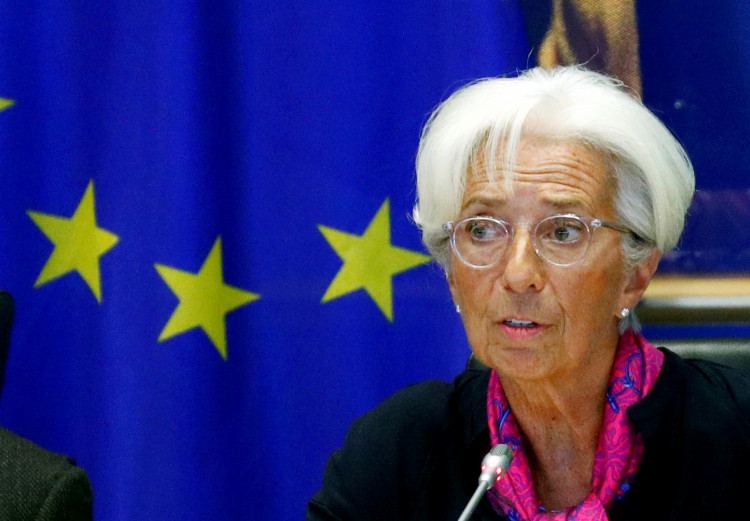The president of the European Central Bank, Christine Lagarde, has cautioned that cryptocurrencies are worthless and should be controlled.
"In my incredibly humble view, cryptocurrencies are worthless... It is based on nothing, and there are no underlying assets to serve as a safety anchor," she said.
The chief of the ECB believes that regulating the cryptocurrency industry will prevent individuals from wagering their life savings on cryptocurrencies.
Lagarde expressed concern on Dutch television for those who do not appreciate the risks, "who will lose everything," and who would be profoundly disillusioned by digital assets.
Lagarde remarked, "I've always stated that these types of assets are exceedingly speculative and risky."
Lagarde made the remarks during difficult times for bitcoin markets, when major coins such as bitcoin and ether had lost half their value since their 2017 peaks.
Global regulators are also intensifying their attention and pressure on cryptocurrencies, typically citing threats to the financial system.
Other ECB officials have voiced reservations. Among them is the member of the ECB's executive board, Fabio Panetta. In April, he compared them to the 2008 subprime mortgage crisis.
Lagarde revealed that she has never invested in a digital currency, a statement that is unsurprising considering that other banking and finance experts have the same perspective.
However, the marketing genius stated that her son had invested in cryptocurrency and subsequently suffered catastrophic losses.
Lagarde has stated that she will support the formation of a Digital Euro, the bloc's Central Bank Digital Currency (CBDC), which will be endorsed by the ECB.
"I'll guarantee that we'll have a central bank digital currency - any digital euro - one day," Lagarde stated. Therefore, the central bank will support it. I believe that this differs significantly from each of those things."
Panetta recently indicated that the digital euro might be implemented by 2026, giving a timescale for the currency's adoption. Since the ECB is intensifying its engagement with stakeholders, it is possible that the implementation phase will not begin until the end of 2023.
A government official claimed elsewhere that Cyprus has created its own legislation to regulate crypto assets and is likely to adopt it before the European Union finalizes an unified regulatory guideline.
Deputy Minister for Research, Innovation, and Digital Policy Kyriacos Kokkinos stated this during a meeting with the local fintech community in Larnaca.
The meeting was organized by the Swiss consulting firm Kendris, which has offices all over the world, including in Cyprus.





